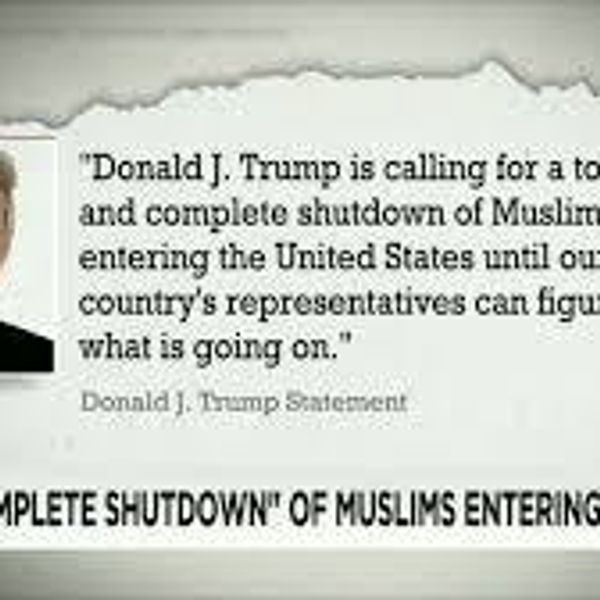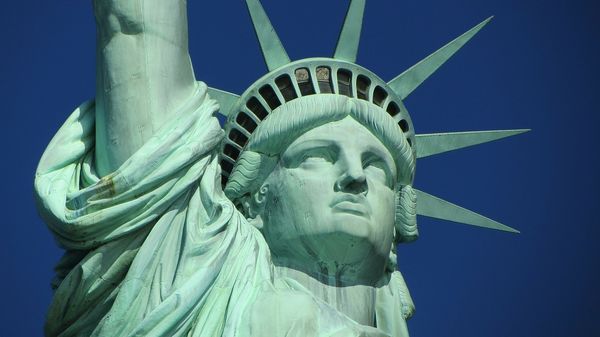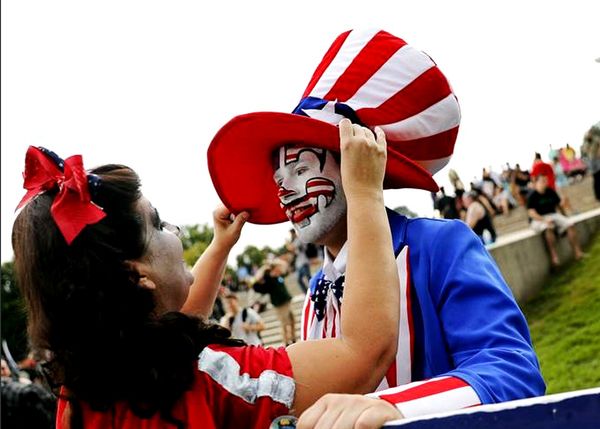Once you get home, you can finally take off the face mask you were wearing to protect your lungs from the pollution outside. You greet your sister with cheer that turns to worry; she can’t stop coughing, and her breathing is labored and ragged.
“The air’s really bad today,” she chokes.
You comfort her the best you can, but there’s not much you can do because her health depends on the air quality – it’s bad some days, worse others. It’s so bad that a face mask barely helps.
Is this some dystopian future of a destroyed earth? Nope, just Taipei in the wintertime.
Taipei ranks #173 on the worldwide pollution index. By comparison, Los Angeles ranks #132, Las Vegas #168, Chicago #197. However, due to its unique topography, wind can blow pollution over from China and traps it in the city, making some days extremely bad.
Those who support deregulation of environmental protection policies have likely never been to polluted parts of East Asia.
Because some countries lack stringent environmental policies, many citizens face a lower quality of life simply because of terrible air. Imagine walking outside and not being able to breathe properly because there’s so much smog. Everything smells like smoke, exhaust, and your eyes tear up constantly. Pollution of that scale is miserable. And it’ll be our future if attitudes towards the environment don’t change.
Whether you believe in climate change isn't the issue; clearly, car smog and fossil fuel emissions aren’t symptoms of unusual weather patterns. The state of the environment, especially of the air, impacts everyone’s quality of life.
In the United States, clean air is taken for granted. We have so much land that once one city becomes too polluted or crowded, we can simply stake claim somewhere else and enjoy the clean air there. The U.S. is so large! There’s so much nature! We can’t possibly pollute it all!
The passenger pigeon is laughing from its grave.
In The American Crisis, Thomas Paine writes, “If there must be trouble, let it be in my day, that my child may have peace.” Working to support your children in the present isn’t so appealing when your work is killing your children’s future. It seems that eighteenth-century politicians actually cared about the welfare of the people - but more importantly, the later generations.
We can only hope that the future era of politicians will argue that breathing clean air is a right and not a privilege.



















